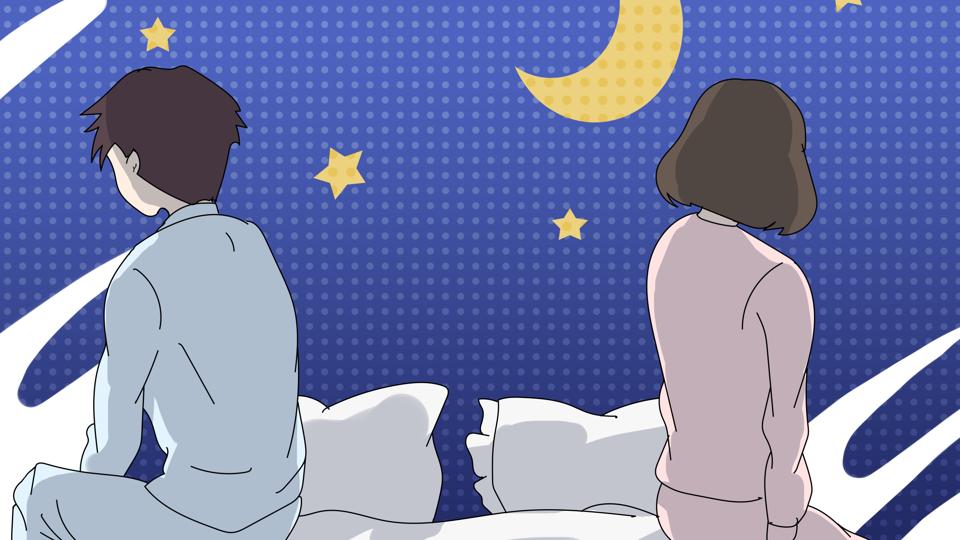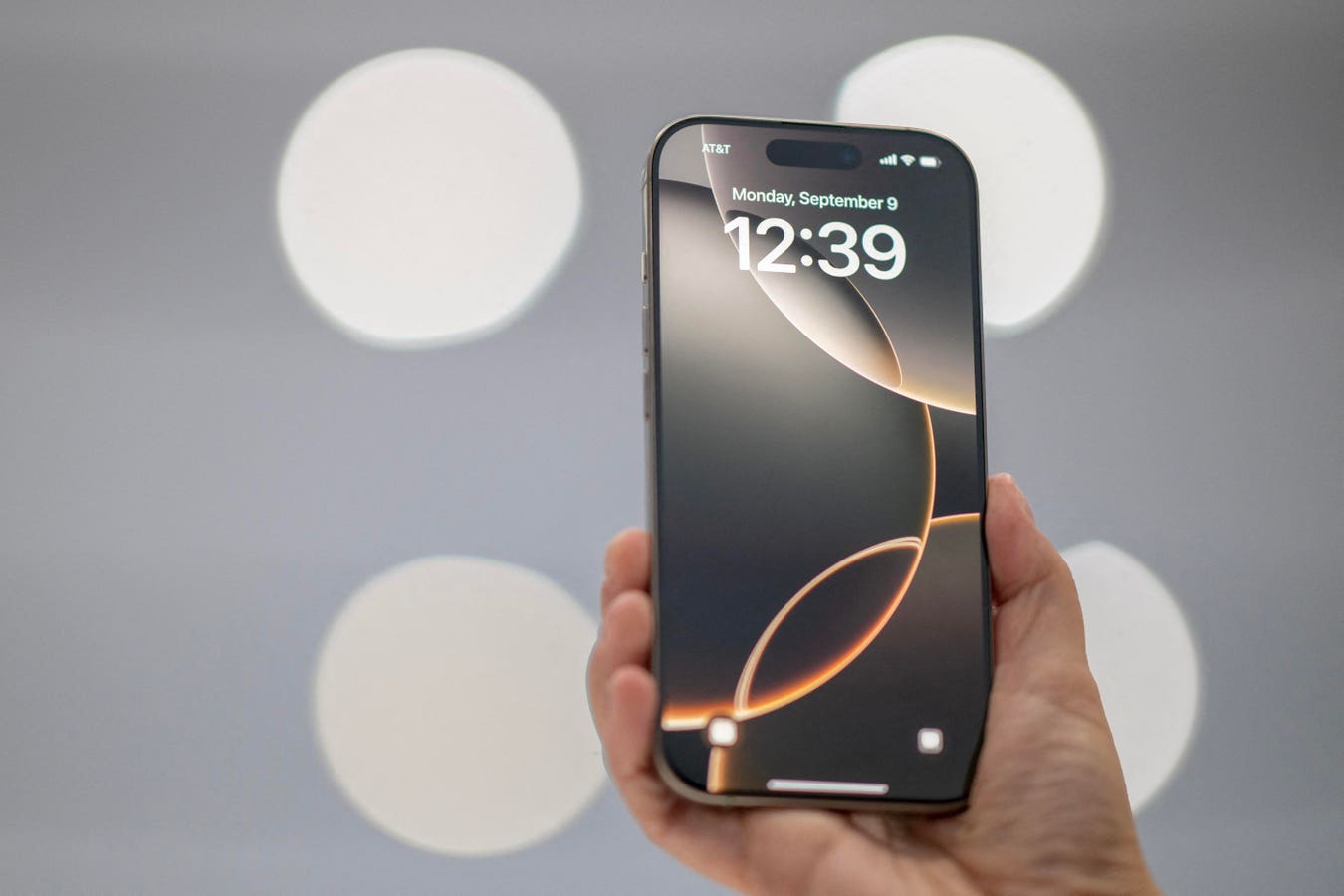Sexlessness is possibly as big a taboo in our world as sex itself. Here are two new findings from a University of Amsterdam study that might change your opinion on it.
getty
During the course of a study published last month in PNAS, researchers at the University of Amsterdam plunged into data on lifelong sexlessness, and the image that emerged was not one of social failure or pathology.
The people most closely linked to sexlessness were highly educated, less likely to drink alcohol or use drugs and more likely to report feeling nervous and unhappy.
These were the two standout associations in the core findings of the study to me: individuals who reported never having had sex were statistically more likely to be highly educated and to have low levels of drug or alcohol use.
Dr. Karin Verweij, the corresponding author of the study, and her team drew on large, deeply characterized repositories of human data — including the UK Biobank, with roughly 400,000 participants — to look for psychological, social and genetic signatures of those who had never had sex.
Why such a large dataset? Because, she explained, prior studies had tended to focus somewhat narrowly on young adults, heterosexual encounters or a handful of personality traits. They wanted to broaden the lens.
What they found was that about 1 % of both men and women in these datasets reported never having had sex. There was no single monolithic “type,” but certain patterns, like the ones listed above, stood out.
As Verweij put it in our recent interview, “Overall, the picture is one of subtle differences across many domains, rather than a single defining characteristic.”
The associations with high cognitive ability and restrained substance behavior are striking because they run against many implicit stereotypes of sexless individuals as socially shut-in, uninhibited or pathologized.
As Verweij cautions, “Sexlessness reflects a complex interplay of social, psychological, biological and regional factors.” It is precisely this complexity that makes the phenomenon worth understanding — and avoids reducing these individuals to caricatures.
So with that framing in place, here are two of the most surprising facts that emerge from this research.
1. Sexlessness Is Positively Linked To Intelligence
The first eyebrow-raiser is the robust positive correlation between sexlessness and intelligence or education. Researchers found that people who never had sex tended, on average, to score higher on intelligence metrics or to have more formal education.
Verweij emphasized the caveats of this, saying, “We can’t determine the reasons for this association from our data.” But she did offer two plausible hypotheses:
- A life-course tradeoff. It’s possible that individuals with strong academic potential may prioritize education, research or career goals at the cost (or delay) of romantic or sexual relationships.
- A behavioral angle. Those with high cognitive ability might gravitate toward environments or social circles less oriented around casual sex, or they may adopt more cautious or strategic approaches to relationship formation.
We often assume that intelligence and resources can make one more “attractive,” but here the opposite pattern emerges. The very attributes of higher education and cognitive focus that we culturally valorize may, in some cases, entail a lower probability of sexual initiation.
We cannot, of course, confuse this finding with a causal claim (i.e. intelligence does not cause sexlessness), but it does hint at an overlooked tension. The commitments and environments favored by intellectually ambitious people might subtly deprioritize sexual or romantic experimentation.
2. Such Individuals Display Lower Use Of Alcohol, Drugs And Smoking
The second striking fact concerns substance use. Verweij’s team documented that those who had never had sex were less likely to drink alcohol, smoke or use cannabis, in both their observed behavior and in genetic correlations.
“Alcohol and drug use often create social situations where sexual encounters are more likely to happen, so people who use these substances less may simply have fewer opportunities to meet partners in such contexts. Personality traits like lower risk-taking and extraversion probably also play a role,” speculates Verweij.
Long story short, it’s not necessarily that abstaining from sex leads to abstaining from substances, but rather that the same cluster of personality and lifestyle tendencies may underlie both.
Why Sexlessness Doesn’t Mean Unhappiness
If someone tells you they haven’t had sex in over six months, your first instinct might be surprise or sympathy. Either way, it assumes that not being sexually active is somehow abnormal. But the data tells a different story.
Research suggests that sexual inactivity comes in many forms. Some people are inactive because of circumstance or health; others by choice. Crucially, a sizable proportion of those who were sexually inactive in this study sample, especially those who had never been sexually active, did not report distress about it. Their inactivity was not a symptom, but seemed to be a stable lifestyle pattern.
Another survey drew similar conclusions: being sexually inactive is not synonymous with sexual dysfunction. Many participants reported strong overall well-being despite the absence of recent sexual activity.
An analysis of the U.S. General Social Survey also found that while sexlessness was more common among certain demographic groups like older adults and unmarried individuals, it did not predict lower happiness after adjusting for social and economic factors. In other words, it is life context, not sexual frequency, that best predicts well-being.
Sexlessness, then, is not a diagnosis; it’s a descriptor. Some experience it involuntarily and find it lonely; others experience it voluntarily and find it freeing. And even among those who wish for sexual connection, distress arises not from the lack of sex itself, but from the broader absence of intimacy, companionship or social belonging.
Across decades of research, psychologists have found that while sexual frequency correlates with happiness among partnered individuals, the relationship is curvilinear — that is, more sex only improves well-being up to a point, after which the effect plateaus. Beyond that, it’s not frequency but meaning that matters.
Similarly, people who see their singlehood — or their sexlessness — as voluntary tend to report higher well-being than those who see it as imposed. The difference lies not in behavior but in interpretation.
Sexual inactivity is not a reliable shorthand for suffering. It can coexist with intelligence, discipline, purpose or serenity. And it can be circumstantial, chosen or simply unremarkable.
And perhaps that’s the point. When we stop treating sex as the universal metric of vitality, we make room for a more plural, more humane understanding of what it means to live fully.
As Verweij reflected, “It’s important to stress that being sexless is not inherently negative; many people live happy and fulfilling lives without sexual activity.”
In that complexity lies its quiet lesson: a reminder that a good life doesn’t always follow the scripts we expect it to.
How might your views on sex be impacting your life? Take this science-backed test to learn more: Brief Sexual Attitudes Scale









